Avoid washing your face with water

Washing your face with water might seem like the most natural thing in the world, but it’s actually not the best idea if you have sensitive skin. Water is a caustic substance that ironically can be pretty drying and harsh on the skin, exacerbating any existing problems. To keep your skin barrier hydrated and protected, use a cleansing oil or balm at the end of each day.
Keep your showers short and practical
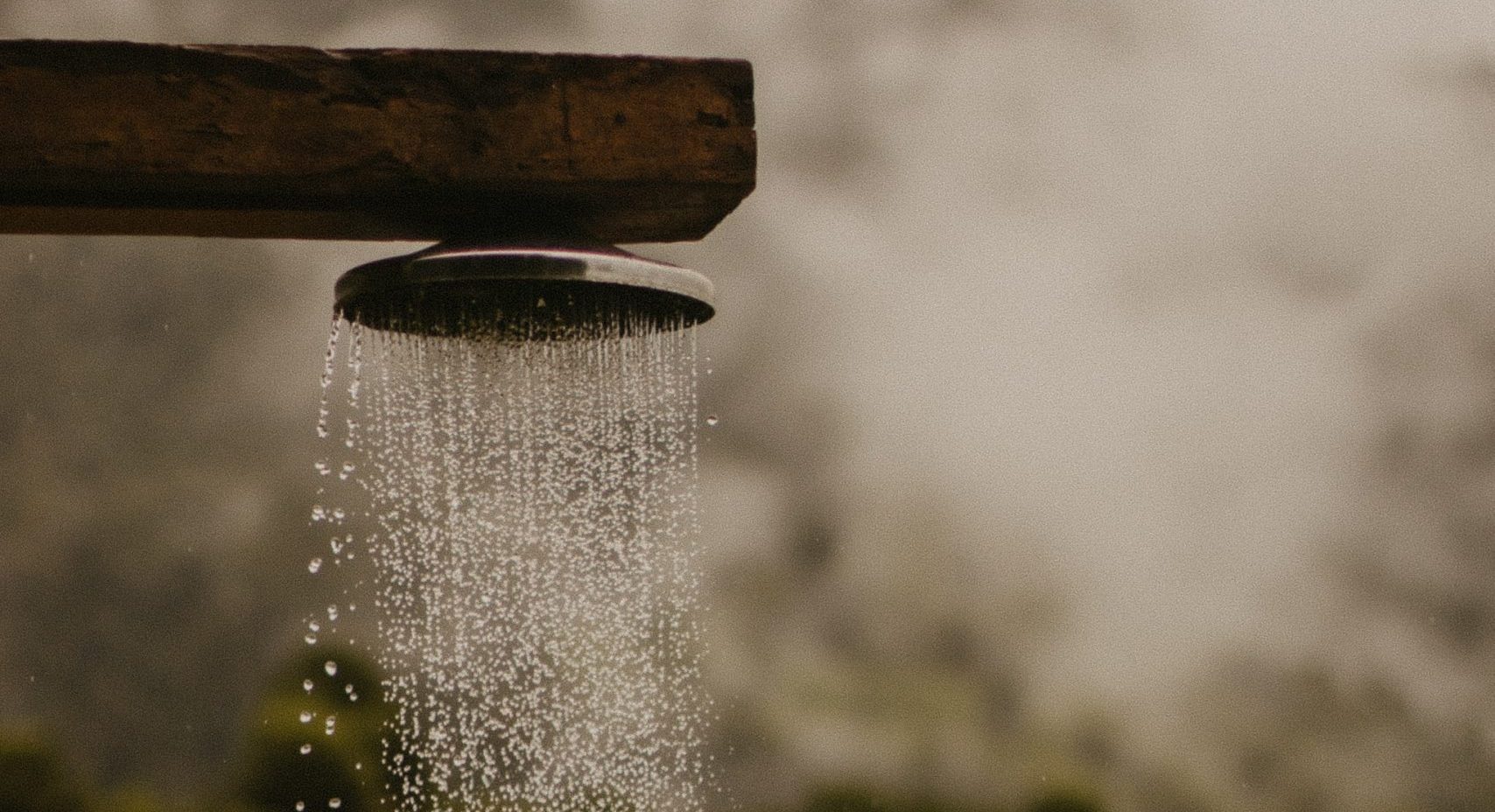
If social media is to be believed, the “everything shower”, where you apply multiple layers of scrubs, gels, creams and lotions, is the future. Unfortunately, this approach is guaranteed to inflame sensitive skin. Hot water can strip away your skin’s protective barrier if you stand under it too long, so it’s best to use a single, fragrance-free bar soap and shower quickly to minimise damage.
Always use a primer when applying make-up

Many people are either required to or enjoy wearing make-up day to day, but it can wreak havoc on the skin. By far the most effective step you can take to protect sensitive skin from drying, breakouts or inflammation is to use a barrier-desensitising primer or base cream. This will stop make-up from sinking into your pores and aggravating them.
Use products with prebiotics
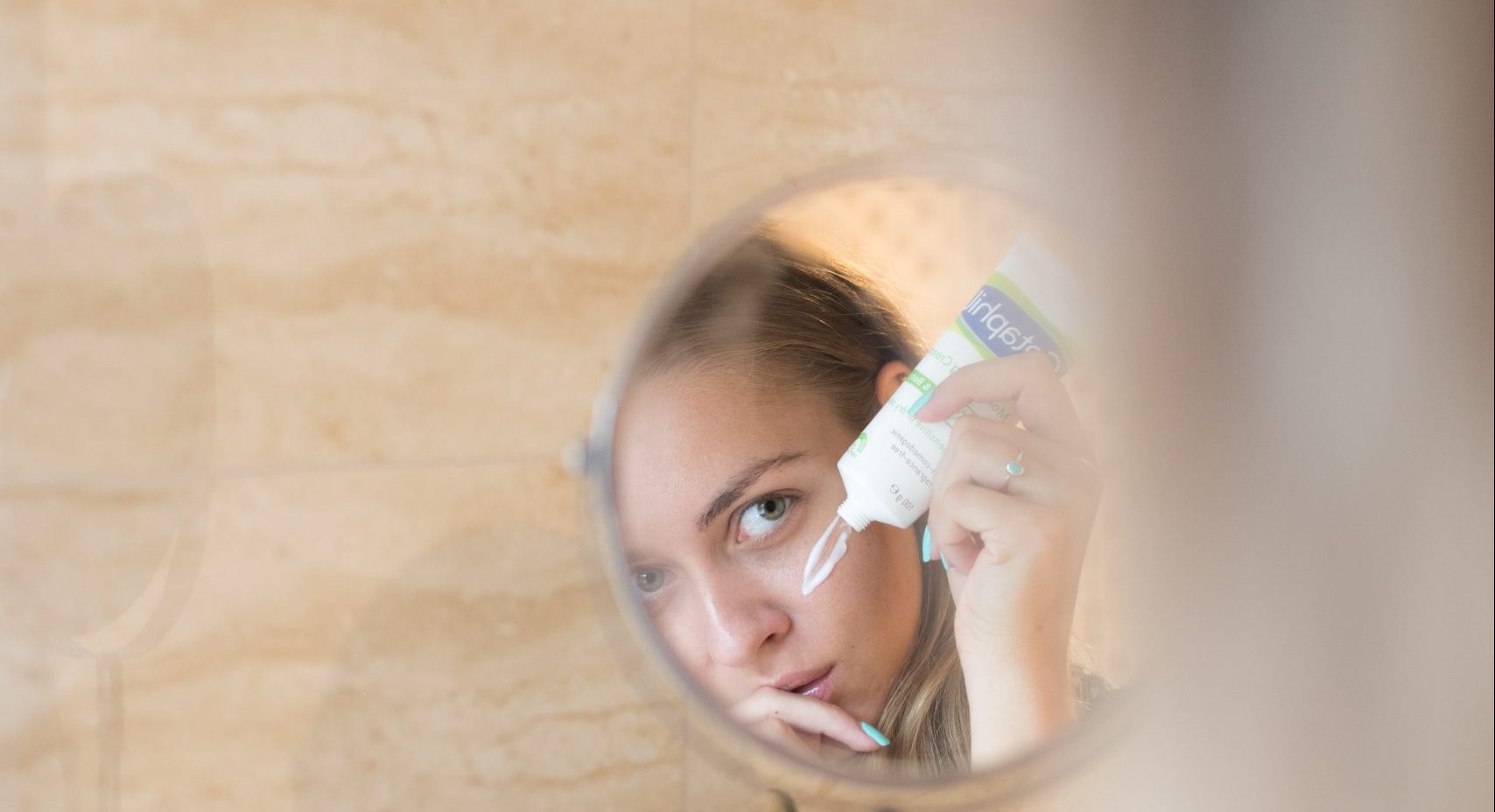
Just as eating prebiotic yoghurts can feed the good bacteria in your gut, using prebiotic skincare can encourage your skin’s natural flora to thrive. It is this good bacteria that acts as a barrier between your delicate dermis and hypodermis and the harsh outside world, so feeding it can reduce dryness, sensitivity, inflammation and breakouts. In short: happy bacteria means a robust skin barrier and less sensitivity.
Avoid super hot water where possible

The bliss of stepping under a hot shower or sliding into a hot bath is unmatched, but your skin doesn’t love the hot water as much as you do. High temperatures can strip away all your skin’s natural protective oils, leaving your pores vulnerable and your skin barrier damaged. This is a recipe for increased sensitivity and redness, so limit hot water exposure where you can.
Always patch-test new skincare products
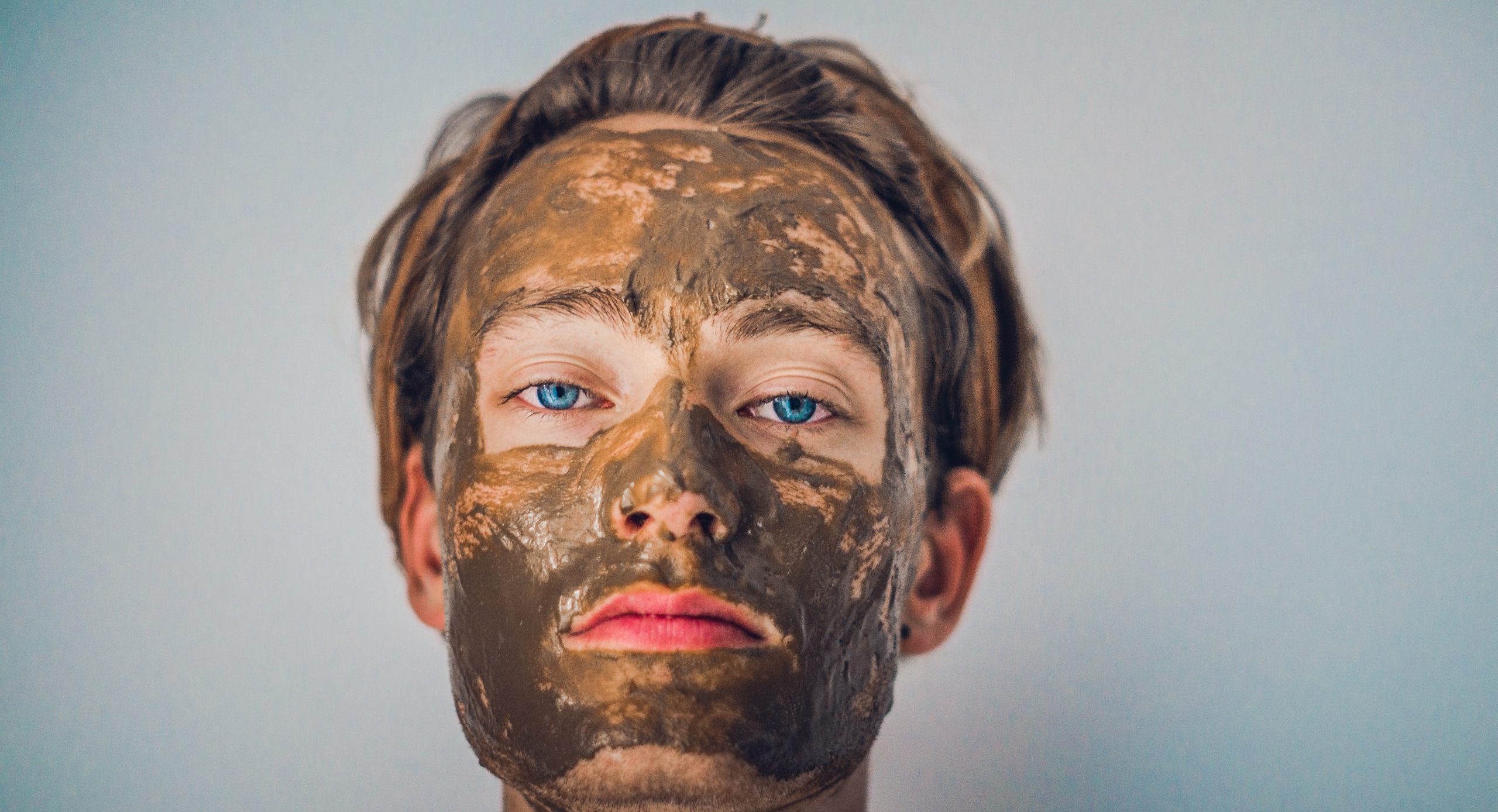
If you’re dealing with an uptick in your skin’s sensitivity, it can be tempting to slather on a bunch of creams and potions to calm it down. With that said, sensitive skin is especially vulnerable to changes in routine, so it’s safer to introduce new products one at a time, and patch-test them on a small area of the arm or neck first.
Never use alcohol or perfumes after shaving
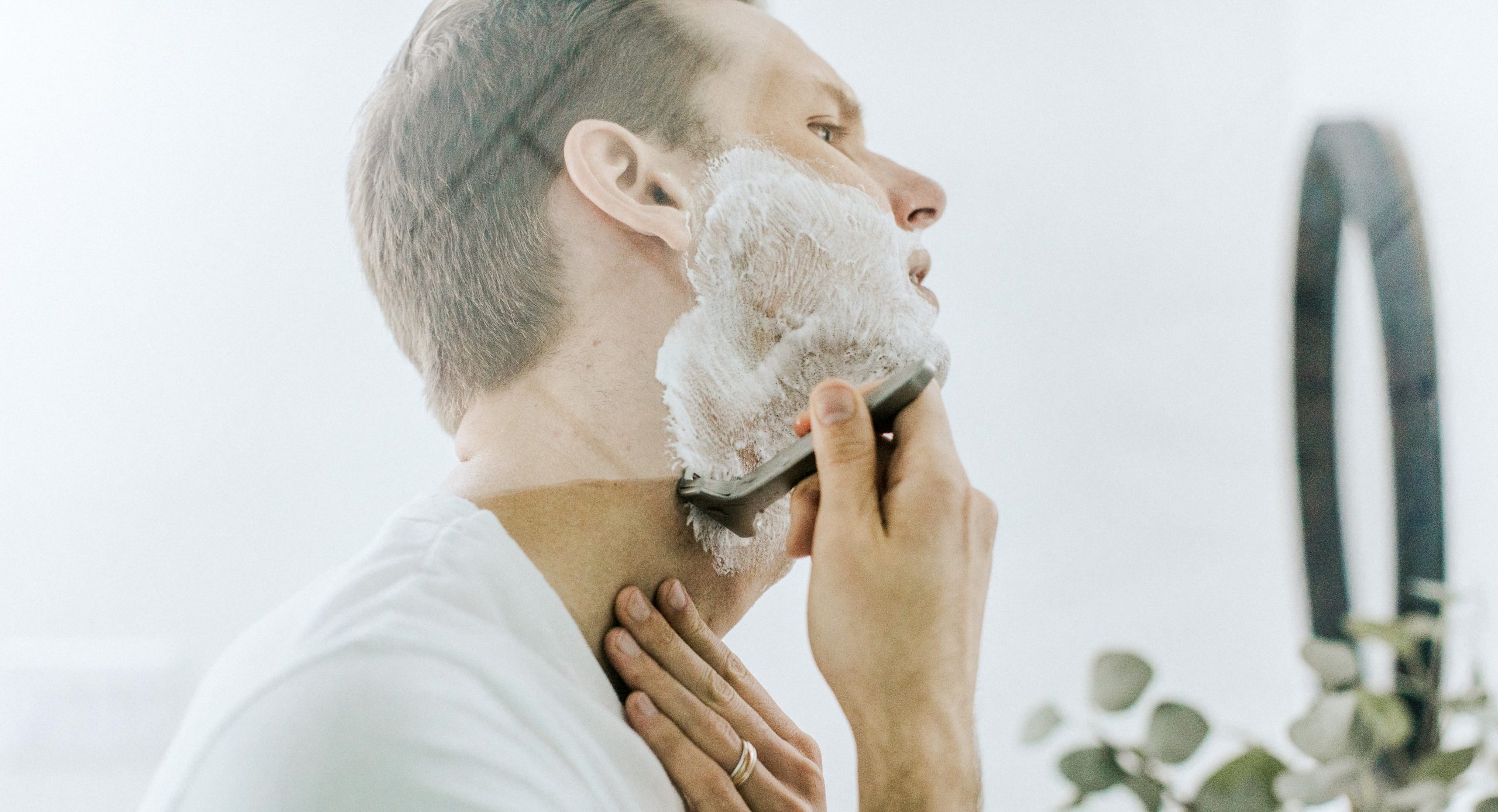
Even if you have very sensitive skin, there’s probably a place in your skincare routine for products with a small amount of scent or alcohol. With that said, one place those elements should never appear is in your post-shaving rituals. After shaving, skin is particularly vulnerable to flare-ups, so it’s best to stick to unscented and hydrating lotion formulas.
Eat foods that are kind to your skin
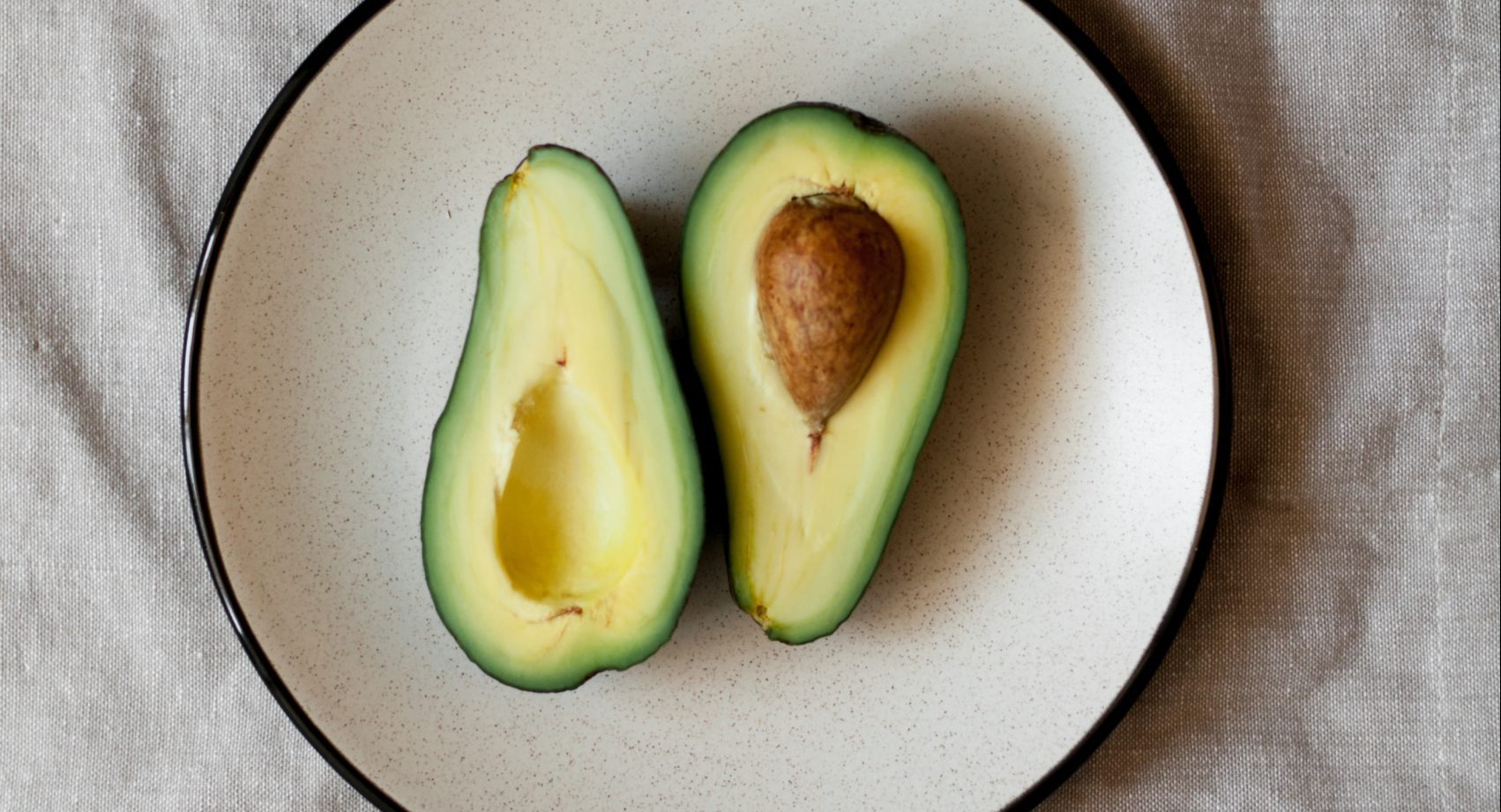
Strengthening and calming skin isn’t just about choosing the right products to apply to it, it’s also making sure that your diet is full of the things your skin needs to thrive. Foods like avocado, salmon, walnuts and sweet potatoes are packed with omega-6 fatty acids and linoleic acid, which aid in skin barrier repair, leaving skin glowing, robust and hydrated.
Never skip sunscreen
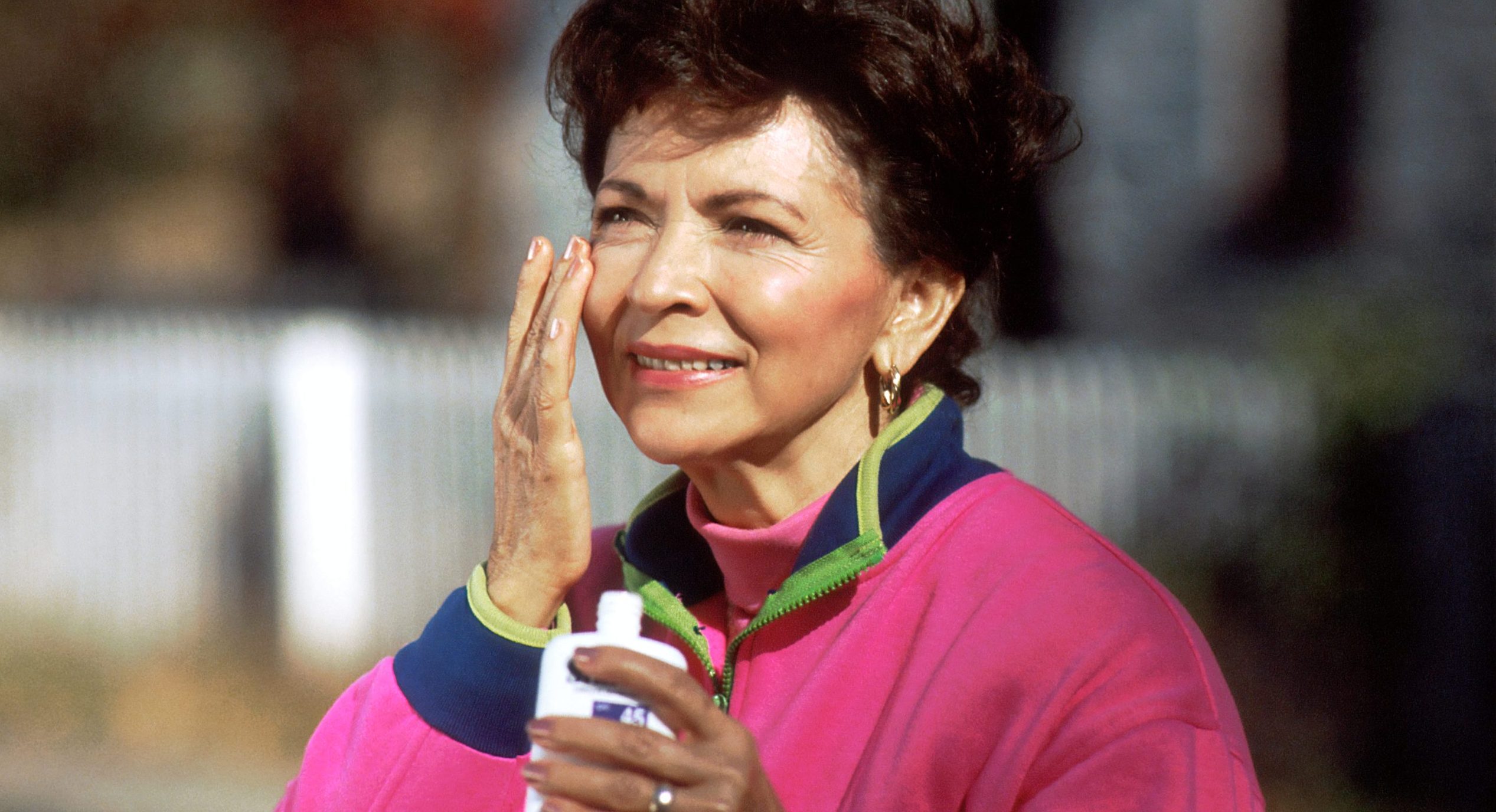
Lots of things can damage or irritate sensitive skin, but maybe the most dangerous of them all is the sun. Repeated sun exposure can lead to everything from fine lines and unevenness to skin cancer and liver spots, so it’s important to wear a daily sunscreen with an appropriate SPF, based on your local weather conditions and how often you’ll be able to reapply it.
Be careful when exfoliating
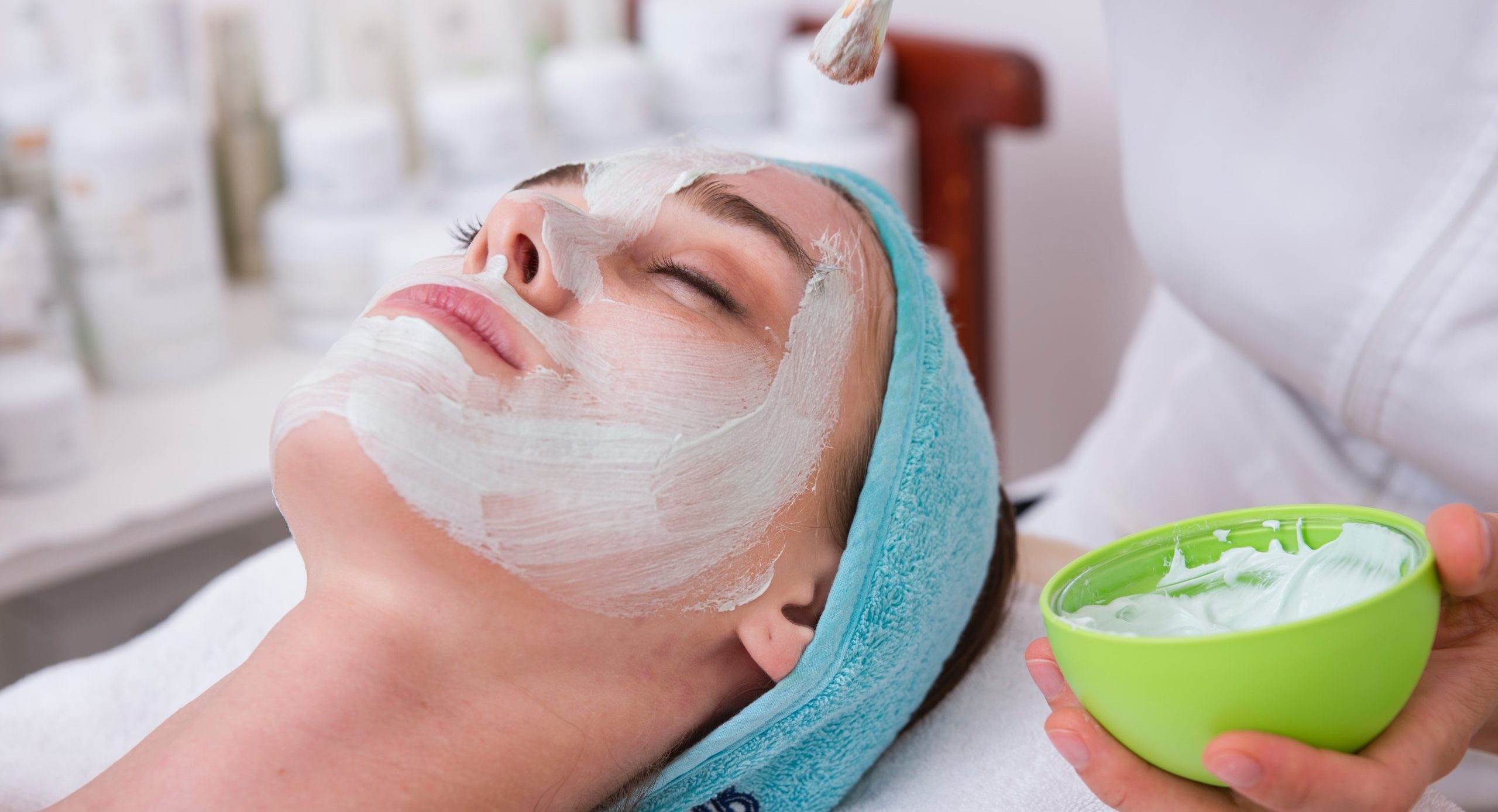
No at-home spa day is complete without some kind of sugar scrub or exfoliating mask, but it’s important to remember that scrubs do more than just remove dirt, excess oil and dead skin. Exfoliating also strips your skin barrier of all the healthy oils, proteins and bacteria that protect you from the outside world, so do it sparingly and follow up with a prebiotic moisturiser and toner.